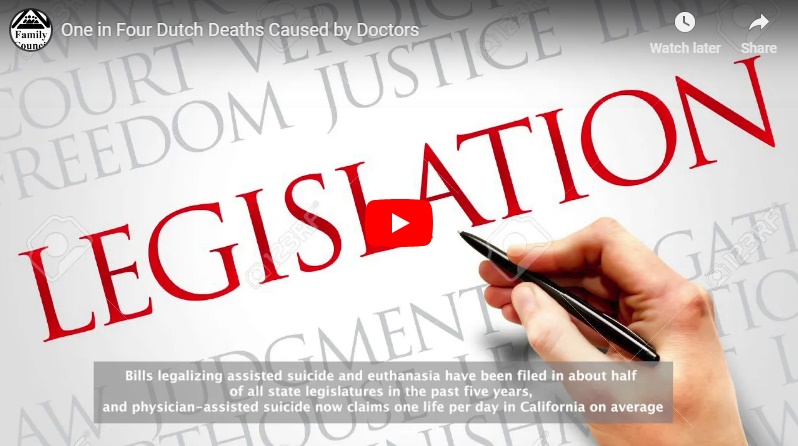Health Committee Soundly Rejects Assisted Suicide Bill

This morning the House Public Health Committee soundly rejected a proposal that would have legalized physician-assisted suicide in Arkansas.
This is really good news!
H.B. 1536 legalizing physician-assisted suicide has been widely discussed in Arkansas for weeks, and a lot of testimony was offered in the committee meeting when the bill came up this morning.
In the end, not a single state representative who was present for the meeting today supported the bill.
This was a deeply flawed bill. It fundamentally disrespected the sanctity of innocent human life. Arkansans understood that and have made it that they overwhelmingly oppose physician-assisted suicide.
Hats off to everyone who contacted their state legislators and helped defeat H.B. 1536 — including the 123 ministers and church leaders who signed an open letter to the Arkansas Legislature opposing this bill!




